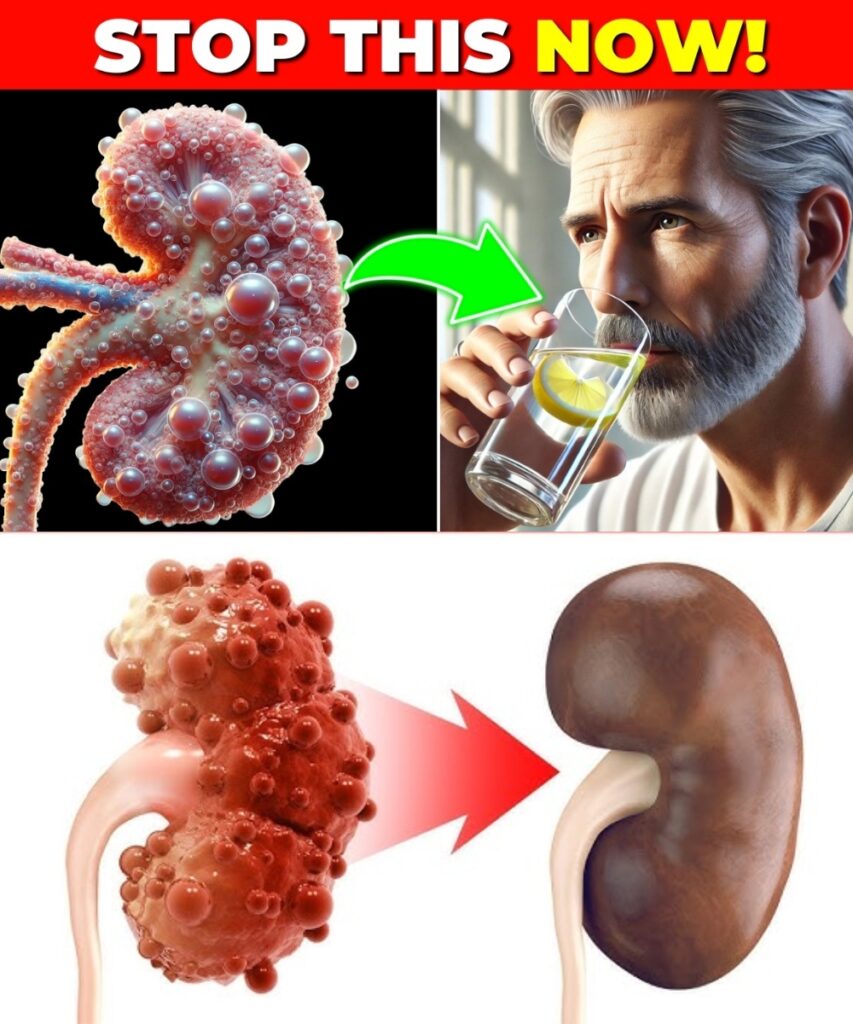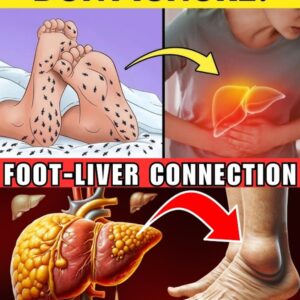Your kidneys work tirelessly to filter waste, balance fluids, and regulate blood pressure. But did you know that certain daily habits may be putting these vital organs at risk—without you even realizing it?
Here are 10 common practices that could be damaging your kidneys and what you can do to change them.

1. Not Drinking Enough Water
Staying hydrated is essential for your kidneys to function properly. Chronic dehydration reduces their ability to flush out toxins, which can lead to kidney stones or long-term damage.
Tip: Aim for 8–10 glasses of water per day, especially if you’re active or live in a hot climate.
2. Consuming Too Much Salt
High sodium intake raises blood pressure, which puts extra strain on the kidneys. Many processed foods are hidden sources of salt, such as chips, instant noodles, and canned soups.
Tip: Choose fresh foods and check labels to reduce your daily sodium intake.
3. Overusing Painkillers
Frequent use of over-the-counter NSAIDs (like ibuprofen or aspirin) can lower blood flow to your kidneys, leading to long-term harm.
Tip: Only take painkillers when necessary and always follow dosage guidelines.
4. Holding in Urine
Resisting the urge to urinate increases pressure in your urinary tract, which can raise your risk of infections or kidney stones.
Tip: Listen to your body—don’t delay bathroom breaks.
5. Consuming Too Much Sugar
Excessive sugar consumption can lead to obesity and diabetes—two major risk factors for kidney disease. Even foods labeled “healthy” can contain hidden sugars.
Tip: Limit sugary snacks, soft drinks, and read labels carefully.
6. Smoking
Smoking reduces blood flow to the kidneys, accelerates kidney disease progression, and increases your risk of high blood pressure.
Tip: If you smoke, quitting can significantly benefit your kidney health—and your overall well-being.
7. Excessive Alcohol Intake
Drinking too much alcohol leads to dehydration and high blood pressure, both of which stress your kidneys.
Tip: Keep alcohol consumption moderate—no more than 1–2 drinks per day.
8. Not Getting Enough Sleep
Poor sleep habits can interfere with your body’s ability to regulate blood pressure and kidney function.
Tip: Aim for 7–9 hours of uninterrupted sleep each night.
9. Eating Too Much Protein
High-protein diets, particularly those rich in red meat or supplements, can strain the kidneys—especially in individuals with preexisting kidney issues.
Tip: Balance your meals with plant-based proteins, vegetables, and whole grains.
10. Ignoring Chronic Health Conditions
Conditions like high blood pressure and diabetes are leading causes of kidney failure. Left unmanaged, they silently damage the kidneys over time.
Tip: Get regular health checkups, take prescribed medications, and make lifestyle changes to protect your kidneys.
Your kidneys deserve care and attention. By identifying and adjusting these daily habits, you can reduce your risk of kidney damage and support long-term health. Small changes today can make a big difference tomorrow—start taking care of your kidneys now!






